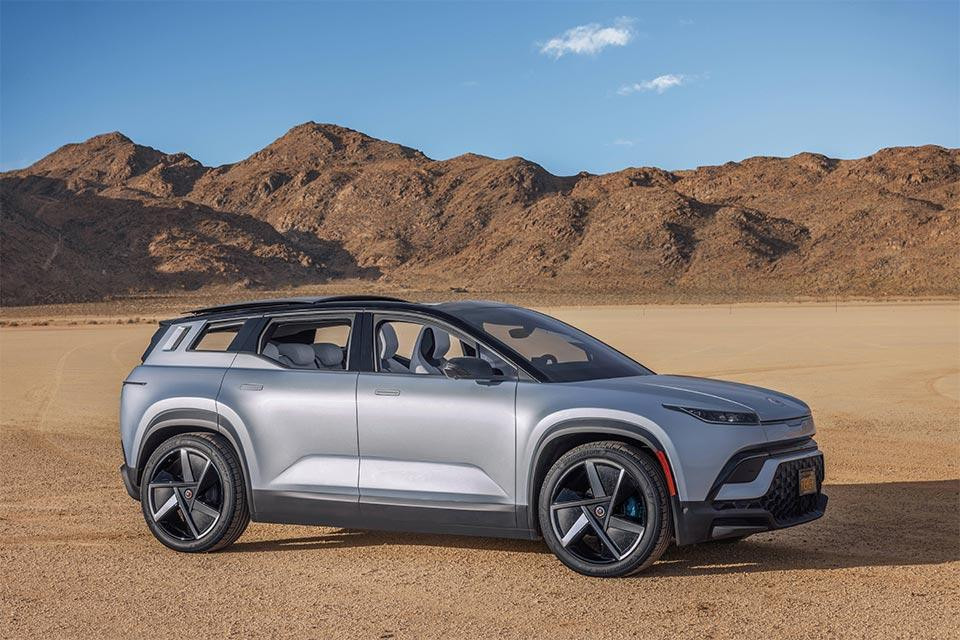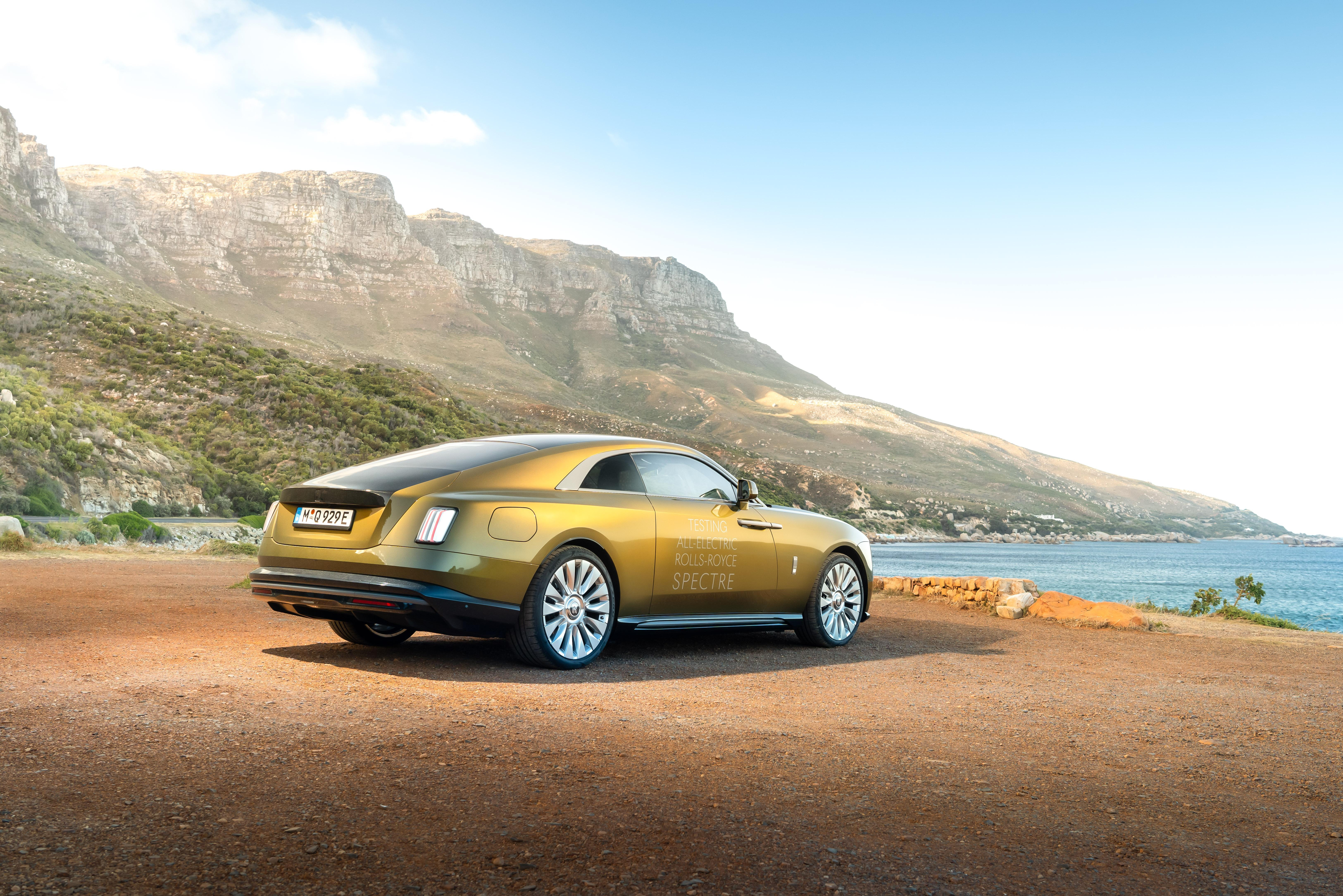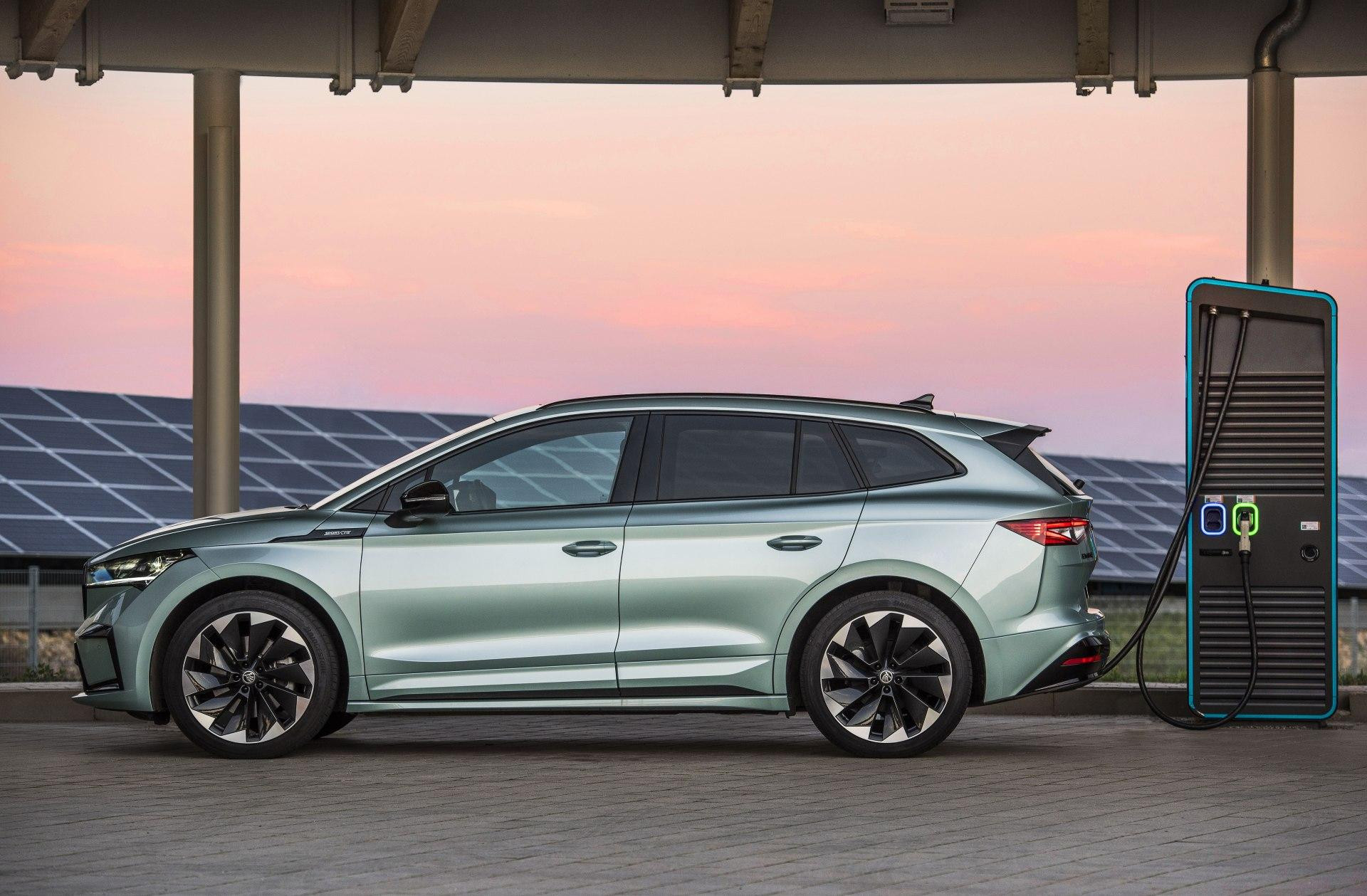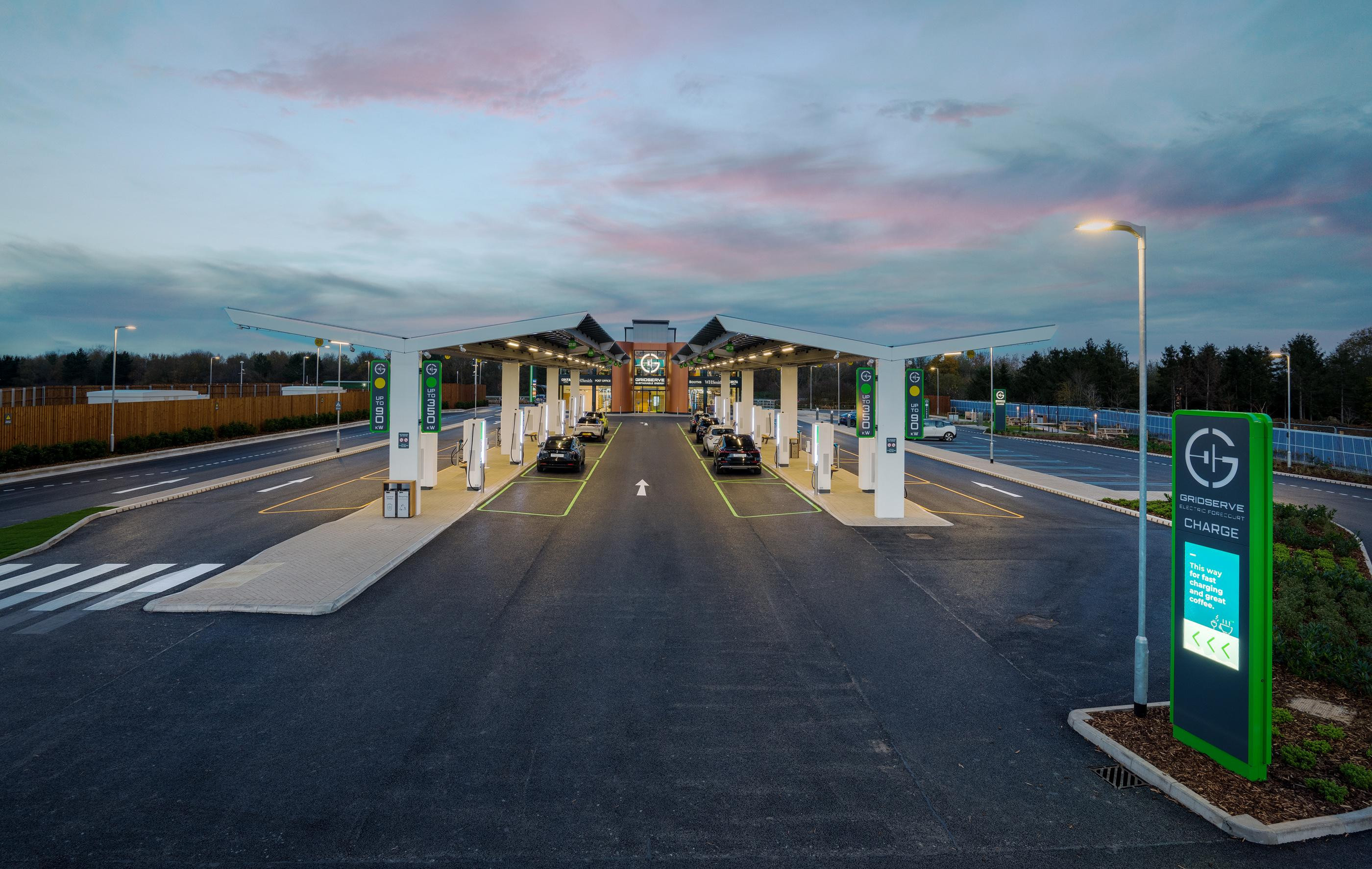What Does The Future Have In Store For Electric Vehicles?

What does the future have in store for electric vehicles?
The electric vehicle segment has really expanded in recent years. Dial back the watch ten years ago and your EV choices were limited at best, but these days there’s a far broader choice than ever. Manufacturers across the board are getting in on the electric car action, too, meaning that you’ve got the option to get an EV from a variety of brands.
But with this acceleration of development, what does the future hold for EVs? Here, we’ve got some of our best predictions for the future of battery-powered models.
More range
We’ve already seen the range that electric cars can deliver seriously improve in recent years, but it looks like this is only going to increase as these models develop. Even more ‘regular’ EVs will be able to deliver serious range, with Hyundai’s new Kona, for example capable of returning over 304 miles of range.
But it’s cars like the Fisker Ocean which will push the envelope, with this model set to return around 440 miles of range per charge.
High-end manufacturers getting in on the action

For a little while, top-end manufacturers haven’t delved into the EV segment. However, that’s due to change over the next few years, as more of these ultra-premium brands make a switch to battery-powered models.
Rolls-Royce, for instance, will kickstart its electric journey with its new Spectre, which will incorporate all of the firm’s luxurious features in one bespoke EV. Bentley is planning to introduce a variety of EVs by 2030, too, while Lotus is getting in on the battery-powered action with its Eletre.
Faster charging

Some electric cars are currently able to rapid charge at a decent rate, but it’s expected that this will only get quicker as the technology improves. At the moment, the quickest speed is around 350kW, which will return a 0-80 per cent charge in around 18 minutes with cars like the Kia EV6 able to offer this feature.
However, it’s likely that these speeds will begin to trickle down into more mainstream models as the infrastructure catches up. After all, there is only a handful of 350kW charging stations currently in the UK.
Greater choice
As we’ve already mentioned, the variety of EVs currently on sale has expanded in recent years, but it’s only set to increase. Many manufacturers have committed to going electric-only by 2030 - or even earlier with some car builders - which means that the choice of EVs will increase as we near the end of the decade.
Brands such as Kia, BMW and Mercedes are all looking to seriously ramp up their EV ranges, while Ford has already kicked off its electric car expansion with the introduction of its new Explorer.
Increased charging provision

Charging provision is set to improve over the years
With an increase in the number of electric cars on the roads, there’s going to need to be a serious ramp-up in infrastructure. To make this happen, the Government has already unveiled a new plan for vehicle charging, incorporating £1.3bn in funding to help with infrastructure.
Some £950m of this will be devoted to installing rapid chargers across England’s motorway system by 2035, while additional funding will be made available to local authorities to help with the cost of installing charging hubs and on-street charge points.


















